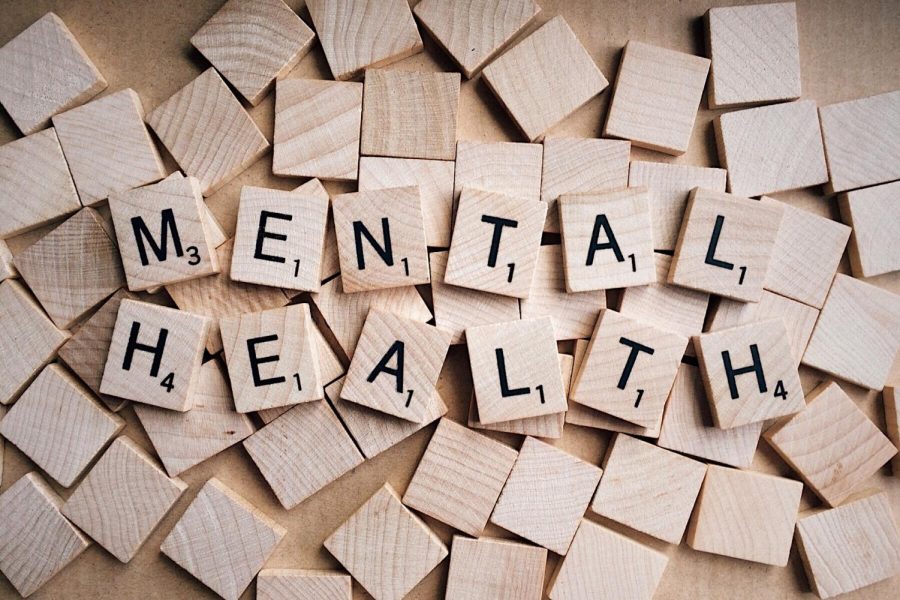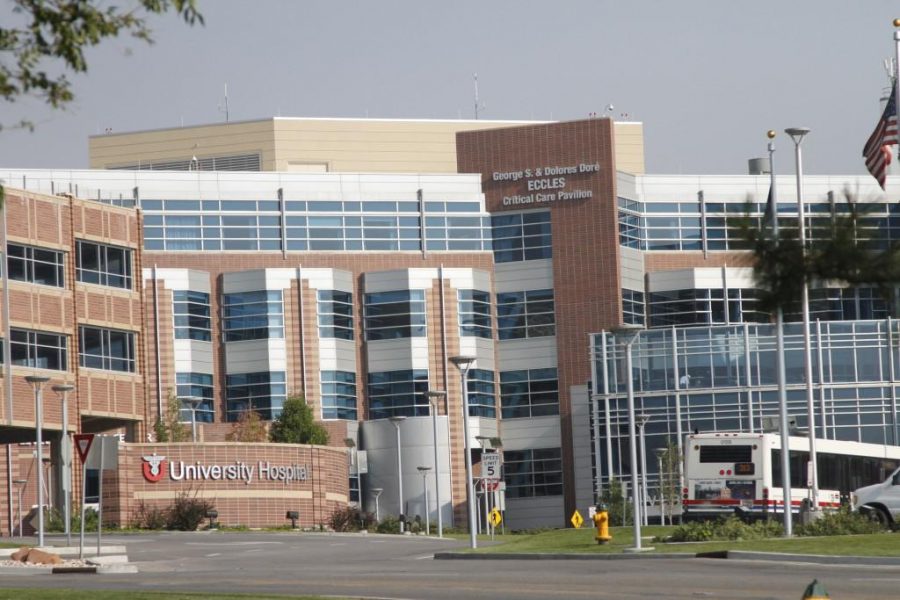Burton: It’s prime time for Utah to rethink its mental health infrastructure
April 27, 2020
The coronavirus has made us consider the health and structure of the economy, how we interact with each other, what to do at home, and above all, the state of public health. Local and federal responses to the coronavirus have exposed the weak points of America’s public health sector. Some believe this could translate into more support for universal healthcare. Once social distancing guidelines become more lenient, public health reform advocacy will be lively. This discussion should include an aspect that may be less visible – mental health infrastructure. The coronavirus has already had a massive impact on our mental health and there will be a need for robust care after we have physically recovered.
The Coronavirus and Mental Health
This pandemic has stoked fears of debilitating symptoms and a risk of death, creating stress that harms even the physically healthy in powerful, though less visible, ways. In fact, the mental and emotional damage the virus causes is arguably as serious as some physical risks. Everyone, infected or not, has had to face dramatic, anxiety-inducing lifestyle changes. Thousands of university students have had to evacuate their dorms in haste. Millions of jobs have disappeared leaving unprecedented numbers of people unemployed and worrying about their financial future. Parents are now responsible for working, managing their households, and educating their children all at once. Isolation from quarantine has brought on depression and loneliness for many, while the uncertainty of the situation heightens anxiety.
Resources for coping with the virus have been provided by the CDC and the National Alliance on Mental Health (among other organizations), meaning there is at least some attention directed toward mental health during a crisis. However, these resources are also strained. The Disaster Distress Helpline at the Substance Abuse and Mental Health Services Administration, for example, saw an 891 percent increase – yes, 891 – in calls this March compared to 2019.
Exposing a Wound
These stressors and the lack of effective care show the gaps in our mental health infrastructure just as rapidly increasing COVID-19 cases have exposed the need for a public insurance option and greater healthcare funding. However, because symptoms of mental disorders are not always visible, there is a risk that they will be neglected in public discussion. Mental health infrastructure must be addressed once the curve is flattened. An August 2019 report from the Gardner Policy Institute at the University of Utah shows that mental health is a serious issue even without a pandemic. According to the report, “Over half of Utah adults with mental illness did not receive mental health treatment or counseling” and “close to one in five adults experience poor mental health.” While these are alarming statistics, it is even more distressing that they are not common knowledge. Optimistically, interest in public health has risen dramatically since the pandemic. Hopefully, mental health will also be discussed more frequently.
The Perfect Time to React
As we rebuild from the pandemic, it is critical that we include stronger mental health care infrastructure.
In fairness, mental health has been and will still be given great attention from powerful people in Utah going forward. Thanks to the Gardner Institute report, the University of Utah received a $150 million dollar grant for mental healthcare. Gubernatorial candidate Jon Huntsman, Jr. has placed mental health among his main concerns. These actions are a great start, but they will not be enough alone. Though several powerful people have directed their attention to improving mental healthcare in Utah, it will take the community at large to finalize the reform. The issue has historically been widely misunderstood. Though many strides have been made in how communities treat and help those with mental health, stigmas still exist.
Now is as good a time as any to pay more attention and time to mental health. The state of one’s mind can have tremendous effects not only on the individual but society in general. Health is the proper maintaining of the body through good hygiene habits, diet, rest, and exercise. This is obvious, but what many forget that the mind is also part of the body. Policy changes to address the coronavirus pandemic need to reflect this reality.
l.burton@dailyutahchronicle.com
Editor’s note: Signs and symptoms of COVID-19 include fever, dry cough, tiredness and shortness of breath. These symptoms are believed to occur between two and 14 days after a person is exposed to the disease. If you have these symptoms and have recently come into contact with a person who is known to have COVID-19, or if you have recently traveled to an area with community spread of the disease, you should call your doctor. Areas with community spread of COVID-19 are believed to include China, South Korea, Italy, Iran and Seattle. If you do not have a doctor who you visit regularly, please call the Utah Coronavirus Information Line at 1-800-456-7707 or the University of Utah Health hotline at 801-587-0712. Do not go to a healthcare facility without first making arrangements to do so.












